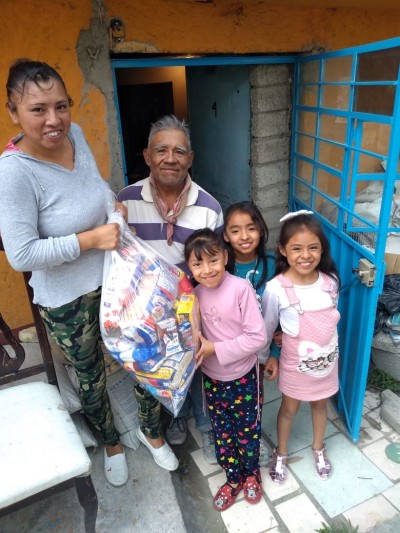
“Blessed are the poor in spirit, for theirs is the kingdom of heaven.
Blessed are those who mourn, for they will be comforted.
Blessed are the meek, for they will inherit the earth.
Blessed are those who hunger and thirst for righteousness, for they will be filled.
Blessed are the merciful, for they will receive mercy.
Blessed are the pure in heart, for they will see God.
Blessed are the peacemakers, for they will be called children of God.
Blessed are those who are persecuted for righteousness’ sake, for theirs is the kingdom of heaven.” (Matthew 5:3-10)
These words of Jesus, so vividly engraved in the memory of his disciples that walked with him, and transmitted up to our times, have been considered by many as the essential text of the Christian message, its most correct synthesis, capable of challenging the life of any person and to gain relevance in the face of any challenge or historical situation.
Undoubtedly, the Beatitudes today acquire their full meaning again in the face of the situation of the pandemic that we are experiencing and is still unfolding before our eyes in an uncertain way, without us being able to know the future that is taking place, the famous "new normality” towards which we are heading globally and also locally and personally. In each of our realities we are witnessing so many heartbreaking situations of poverty, crying and despair... along with countless testimonies of mercy and commitment to the most vulnerable.
If we reread the words of Jesus carefully we will see that they are clearly grouped: the first four beatitudes speak of passive suffering (that of the poor, those who cry, those who suffer...) to which so many people are subjected today, trapped by the uncertainties in health, society and the economy. The following four also mention those who work to remedy that same suffering (the merciful, the clean-hearted, those who work for peace and justice ...). We see, therefore, that Jesus addresses both those who are overwhelmed and powerless in the face of present suffering, as well as those who have the possibility of facing it and committing themselves to a more just and equitable future.
The Beatitudes do not contain an empty promise of future comfort, nor an invitation to resignation in the face of present suffering. Rather, they are an active invitation to work to remedy the causes of human suffering, here and now, and in all historical circumstances, thus defining the true itinerary of the Christian life. The kingdom of heaven that they announce is already present among us, and it can and should be built with the commitment for peace and justice, from the mercy and the cleanliness of heart of those who know how to be moved to compassion in the presence of the brother or sister who cries of helplessness and rage in the face of the loss of a loved one, and it is going hungry for having been left without work and without means to support his family and to pay the rent.









